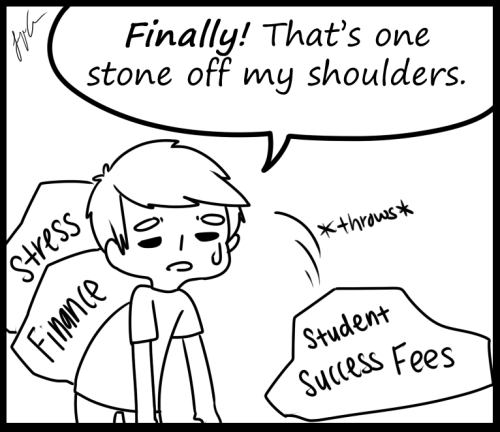Success Fees Limit Opportunities for Low Income Students

Staff Writer
Since 2014, all California State Universities (CSUs) charge students annual fees, called student success fees, to fund classes, faculty, college programs and more. The fees were enacted as a solution to state budget cuts and as a way to avoid tuition increases. Yet, student success fees are more controversial than ever since the CSU Board announced they are considering increasing these fees. According to CSU San Marcos, the funds generated from increasing student success fees would most likely be used to provide more academic support, recreation opportunities and equipment; maintaining these programs through the fees will help facilitate the on-time graduation of students.
However, according to the Los Angeles Times, many CSU students have protested to the Cal State Board of Trustees to repeal the current increasing student success fees. On March 4, the board listened to the students and approved of a plan that would allow many campuses to limit the use of student success fees. Although that would mean that support classes would be funded less or stopped altogether, the limitation of the fees helps restrict students from paying more to their school than they have to. Lowering the success fees would especially help students who struggle financially, since the fee would have been a few extra hundred dollars to pay. Although Cal States give lower income students more opportunities to go to college and are more affordable than Universities of California and private colleges, the student success fees are somewhat contradicting this feature of the Cal State system.
Whenever CSUs or other colleges make decisions that deeply affect the social or economic welfare of their students, it is important for them to factor in the thoughts and concerns of students, since students are the ones who are credited for the success and the well-being of the school.
The CSU board made a smart decision to limit the success fees. Many of their students had already disapproved of the fees and if the board had increased the fees, the schools would have gotten a lot of criticism from students and parents. Students were able to protest for what they thought was better for them and with that power they were able to persuade the Cal State Board of Trustees to make the right decision.